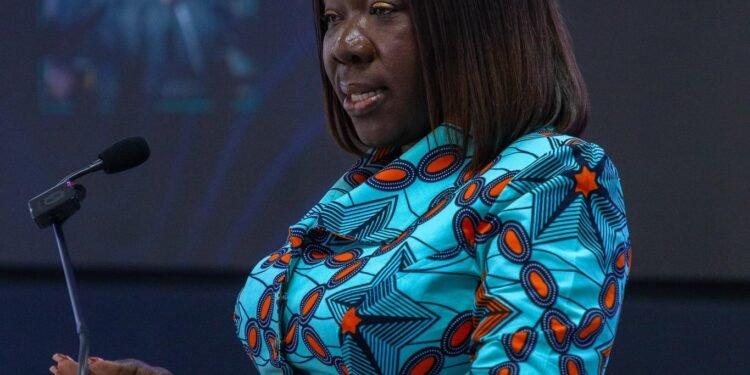Artists and creators must register their works with the copyright office to protect their intellectual property rights.
Registering gospel songs with the copyright office protects the creators’ intellectual property rights. It establishes a legal framework to prevent others from using, reproducing, or distributing the songs without permission.
Copyright registration allows owners to pursue legal remedies in case of infringement. It provides the basis for taking legal action against anyone who uses the song without permission, potentially resulting in compensation for damages.
When a song is registered, it becomes more challenging for others to claim ignorance of copyright ownership, reducing the likelihood of unauthorized use.
Registering gospel songs provides a clear framework for negotiating licensing agreements with music publishers, record labels, and other artists, maximizing the financial potential of the songs.
International protection is provided when songs are registered with the copyright office. Ghana is a member of several international copyright treaties, such as the Berne Convention, which allows for reciprocal protection of works in other member countries.
The manager and husband of renowned gospel artist Celestine Donkor, has expressed his dismay at the “ignorance” displayed by a section of the public and stakeholders in the gospel fraternity as the controversy about ‘Defe Defe’ continues.
Kofi Donkor pointed out that many Ghanaian gospel songs released lack copyright registration.
“I am very saddened by the level of ignorance being displayed by people who are supposed to know better, but I am not surprised at all. Let me say this, without reaching out to the copyright office, I can say without any shadow of a doubt that more than 90% of the gospel songs released in the last couple of years have not been registered with the copyright office. In fact, someone who is supposed to know better even asked me if we have a copyright office in Ghana.”
Kofi Donkor
His comments come amid the heated debate over the song ‘Defe Defe’, which has brought to light broader issues concerning copyright practices within the industry.
It is an essential step for gospel song creators to secure their rights and maximize the value of their work.
Kofi Donkor Criticizes the Gospel Music Community

The perception that the gospel music community focuses more on awards and recognition rather than understanding the legal and business aspects of music does not apply to every individual or organization within the community.
It is important to recognize that the gospel music industry, like any other music industry, consists of diverse individuals and groups with varying priorities, goals, and levels of understanding.
While it is true that awards and recognition play a significant role in the music industry as a whole, including gospel music, it is not fair to assume that the community solely prioritizes these aspects over the legal and business aspects of music.
Many gospel artists, producers, managers, and industry professionals invest time and effort into understanding the legal and business aspects of their craft.
However, it is worth noting that the gospel music community, like any other artistic community, faces unique challenges and has different perspectives on certain issues.
Some artists and industry professionals prioritize sharing their message and spreading their faith rather than solely focusing on commercial success. This emphasis on the spiritual and inspirational aspects of gospel music sometimes overshadows discussions about legal and business matters.
Nevertheless, it is essential for artists and industry professionals in the gospel music community, just like in any other genre, to have a solid understanding of the legal and business aspects of music. This includes copyright laws, contracts, licensing, royalties, marketing, and other important aspects that impact their careers and financial success.
Kofi Donkor criticized the gospel music community for focusing more on recognition rather than understanding the legal aspects of music.
“We are so much fixated on who wins Gospel Artiste of the Year than learning the structures of that practice. May this open our eyes to learn and understand the legalities and business side of music.”
Kofi Donkor
Generalizations about any community are misleading, and it is important to recognize the diversity of perspectives and priorities within the gospel music industry.
READ ALSO: Supreme Court Upholds Continuation of Dr. Opuni’s Trial























